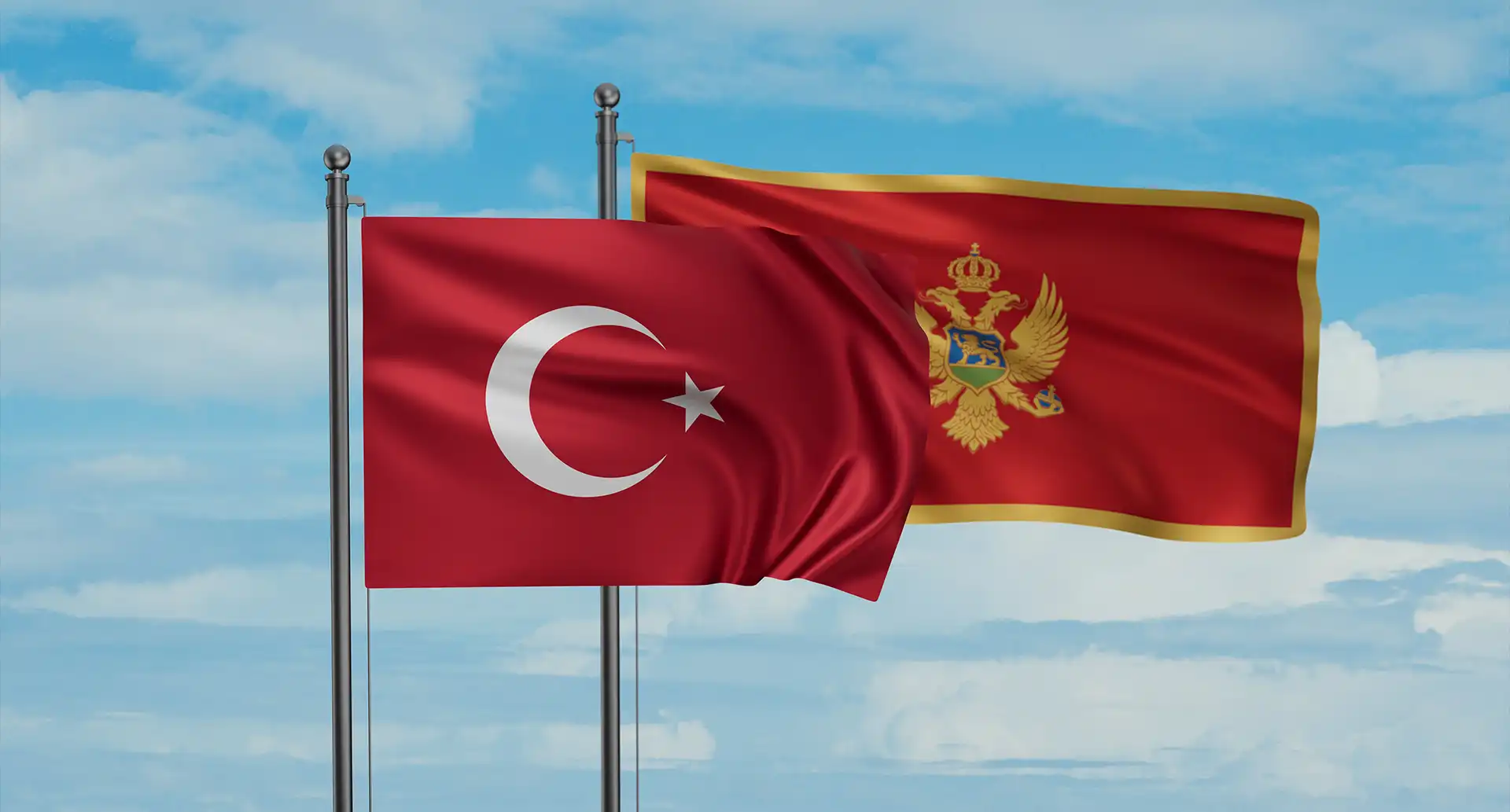

Israel
Israel passport ranking
The Israeli passport is currently ranked 18th place on the Guide Passport Index. It provides visa-free access to 165 countries. With a high mobility score it is one of the best ranking passports in the world. Israeli passport holders have visa-free access and visas on arrival to countries such as United Kingdom, Russia, Japan and the entire European Union. This allows almost instant travel opportunities worldwide. Israeli passport holders do however require a visa to enter about 64 destinations in the world. Some countries where a visa is required are China, India and the United States.
Israel Passport Ranking
The Israel passport ranking relative to other global passports is calculated by adding up the number of countries that allow Israel passport holders to enter without a visa (i.e. visa-free countries) and those that allow Israel passport holders to enter by obtaining a visa on arrival (i.e. visa-on-arrival countries) or electronic travel authorization (eTA). There are currently a total of 126 Israel passport visa-free countries, 29 Israel visa-on-arrival countries, and 10 eTA destinations.
Altogether, Israel passport holders can enter a total of 165 destinations—either without a visa, through a visa on arrival, or via an eTA. As a result, the Israel passport ranks 18 in the world.
Separate from these Israel visa-free countries and visa-on-arrival countries, there are 64 additional destinations in which Israel passport holders either need a physical visa to enter or an eVisa (i.e. visa required countries).
About Israel
The State of Israel consists of six districts and is located in the Middle East. The most important provinces are Tel Aviv, Haifa, and Jerusalem. The nation borders Jordan, Egypt, Syria, and Lebanon. Israel is the 16th largest country in the Middle East with a surface area of 20,770 square kilometers. The geography is characterized by a variety of terrains: central mountains, coastal plains, and deserts in the south. Its climate is mostly temperate with a hot and dry climate in the desert areas.
The overall population is over 9.5 million people. The capital of the country is Jerusalem, which is also the most populated city with around 936,425 inhabitants. It is followed by Tel Aviv and Haifa. The largest airport is Ben Gurion Airport (TLV) with 24 million annual passengers. Ramon Airport (ETM) is the second biggest airport. Both airports together cover domestic and international routes connecting Israel to destinations all around the world.
Israeli culture is heavily influenced by the Jewish religion and its regional history. Judaism is predominant. The official language is Hebrew. The legal system is based on civil law, influenced by English, Jewish, Christian, and Muslim laws. The government type is a parliamentary democracy. The chief of state is the elected President Isaac Herzog and the head of government is the elected Prime Minister Binyamin Netanyahu.
The official currency is the Israeli Shekel (ILS) with the current exchange rate being ILS 3.44 to the USD. The country has an open economy, generating a GDP of approximately $372 billion. Its citizens have a per capita income of $40,336. The GDP is mostly made up of 2 key sectors, which are services and industry. A major GDP contributor is the high-technology industry. Some of the most important export products are high-tech products, wood and paper, potash, citrus fruits, and vegetables.
Israel is a widely loved tourism destination attracting visitors from all over the world. There are 9 UNESCO World Heritage sites around the country, beautiful beaches, and religious sites. In recent years the country has become a destination for eco-tourism and adventure travel. Some of the major destinations include Jerusalem, Haifa, Nazareth, Jaffa, the Dead Sea, Bethlehem, and the Sea of Galilee. The nation has a total of approximately 4.6 million tourists visiting every year with the majority originating from Russia, Europe, and the United States.










































